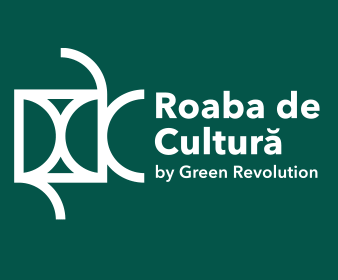GMO Rice: An Economic and Ecological Time Bomb– Greenpeace Bayer GMO rice scandal could cost industry over $1.2 billion
Manila/Bangkok , 6 November 2007—Greenpeace today warned of an impending economic and ecological disaster should plans to introduce and commercialize genetically modified (GMO) rice in the Southeast Asian
region succeed. Citing a recent report by an independent economist, Greenpeace said that the economic costs associated with the contamination of US rice stocks sold in the international market are
staggering, with losses expected to exceed US 1.2 billion.(1)
Traces of the GMO rice variety LL601, owned by Bayer, were discovered in US rice supplies in 2006. The contamination arose from experimental field trials of LL601 in the US which had ended in 2001. The discovery
triggered the largest financial and marketing disaster in the history of the US rice industry. At least 30 countries were affected by the contamination and many closed their markets to US rice, including major importers such as the European Union and the Philippines.
„Thailand remains a GMO rice-free country. Promoting GMO rice here is like bombing Thailand’s agricultural future.” said Greenpeace Southeast Asia Genetic Engineering campaigner Natwipha Ewasakul. „The
contamination of the US rice supply had an impact on thousands of farmers and businesses all over the world. It is absolutely outrageous for Thailand, being one of the world’s largest exporters of rice, to even entertain the risks of tinkering with this dangerous technology,” Natwipha added.
The report is the first quantification of the costs of the Bayer GE rice scandal across the grain supply chain. Rice growers, harvesters, processors, millers and retailers were unwittingly caught up in the scandal which affected 63 percent of US rice exports. The overall cost to the industry, estimated at over US $1.2 billion, included losses of up to US $253 million from food product recalls. Future export losses amount to US $445 million.
Hundreds of US farmers and European businesses have filed lawsuits against Bayer in attempts to recoup their losses. Punitive or statutory damages which may be awarded against Bayer may double or even triple the
final cost of the GE contamination incident.
Greenpeace discovered last year that US long grain rice being sold in Philippine supermarkets under the brand name Uncle Sam was contaminated by this illegal, unauthorized and unapproved GMO rice variety. The scandal later forced the Philippine National Food Authority to demand GMO free certification from US rice traders and a halt to US rice imports amounting to US$ 20 million. The moratorium on US rice imports
to the Philippines continues to this day.
„Filipinos have been exposed to the inherent risks of this genetically altered rice without knowing it,” said Greenpeace Southeast Asia Genetic Engineering campaigner for Philippines Daniel Ocampo. „Aside from the
inherent risks to human health and the environment, this report clearly shows that GMO crops could also ruin the agriculture exports and economy of a country like the US. Asia should focus on other means of developing
rice varieties.”
The scandal serves as an object lesson for developing nations where the GE industry is currently attempting to extend its reach, among them India and Thailand, two of the world’s leading rice exporters.
„Greenpeace is extremely concerned that governments in the region are entertaining notions of introducing and experimenting with GMO rice. If GMO rice field trials commence, it could threaten markets for Thai rice
varieties, including jasmine rice. Who will compensate Thai farmers, millers and traders if the Thai rice trade suffers a catastrophe similar to the scale of the US scandal?,” asked Natwipha. „There is only one way
for the rice industry to protect itself from another billion dollar debacle and that is to prevent GMO rice from ever being grown,” she concluded.



